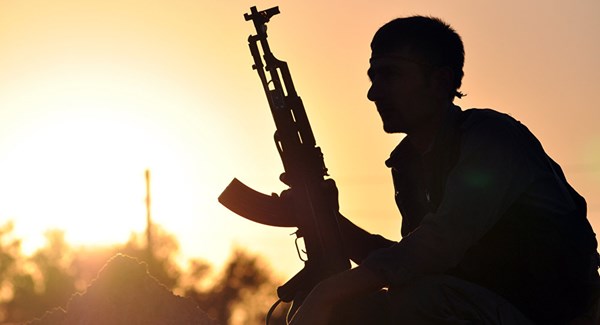Russia delivers second batch of weapons to Central African Republic
Russia sent to the Central African Republic (CAR) a shipment of machine guns, Kalashnikov rifles, and Mosin rifles of 1944 model, reports Russia 1 TV channel. Russian Foreign Minister Sergey Lavrov previously stated that two batches of Russian weapons have been delivered for the needs of the CAR army free of charge.
"Now we have received 14 aircraft. This is the second shipment of equipment. We are grateful for the cooperation," a representative of the CAR authorities told Russian journalists.
The first batch of small Russian arms was sent to the CAR in early 2018 after Moscow secured permission from the UN Security Council Sanctions Committee to supply them. The second batch was also delivered with the permission of the United Nations.
In August 2018, Russia and the CAR signed an intergovernmental agreement on military cooperation, under which a military training facility was established in the city of Berengo to train local soldiers by Russian instructors. In early 2019, the CAR authorities allowed to build a Russian military base.
In March last year, five Russian military and 170 civilian instructors were sent to the country to train the local army and to ensure the supply of weapons to the local government. At the same time, the Russian Foreign Ministry did not rule out the possibility of an increase in the number of Russian military specialists in the CAR. In October 2018, it became known that 60 additional military instructors will be sent to the CAR.
Last year several foreign media, including the French newspaper Le Monde, reported that employees of Russian private military structures, including the Russian Private Military Company Wagner, are present in the Central African Republic.
A military correspondent Orkhan Jemal together with the film crew (Kirill Radchenko and Alexander Rastorguev) went to the CAR to investigate this information in the summer of 2018. They were killed a few days after arriving in the country by unknown persons. The deaths of journalists are being investigated both in the Central African Republic and in Russia.
